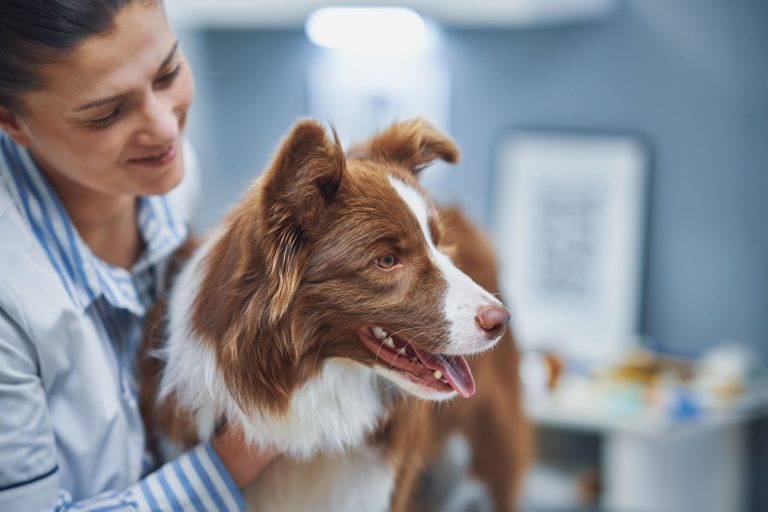Caring for your senior pet can be a challenging journey. As pets age, their needs change, requiring more than just love and companionship. A Hillsdale veterinarian can be an essential partner in supporting your aging pet. They help maintain comfort and health through regular check-ups, adapting care plans, and providing expert advice. You ensure your pet enjoys its later years with fewer health issues by visiting your veterinarian regularly. The focus is on prevention and early detection, catching problems before they cause pain or worry. In this blog, you’ll learn how veterinarians offer valuable insights and treatments to improve your pet’s quality of life. From arthritis to dental care, the attention your senior pet receives is crucial. Your understanding and the vet’s expertise form a strong bond, ensuring your pet feels safe, loved, and well-cared for in their golden years.
The Importance of Regular Check-Ups
Routine veterinary visits matter significantly for senior pets. These appointments allow your vet to monitor your pet’s health closely. Identifying issues like weight gain, hearing loss, or eyesight problems early can prevent more severe conditions. Regular blood tests, urinalysis, and physical exams help assess organ function and detect diseases such as diabetes or kidney issues. You can explore more about pet care recommendations from the American Veterinary Medical Association.
Customized Nutrition Plans
As pets age, their dietary needs change. Veterinarians offer tailored nutrition plans to ensure your pet receives the right nutrients. Older pets may develop food sensitivities or require a diet that supports joint health, such as omega-3 fatty acids or antioxidants. Discussing dietary changes with your vet helps in preventing obesity and maintaining overall health.
Managing Chronic Conditions
Older pets often face chronic conditions like arthritis, heart disease, or cognitive decline. A veterinarian provides effective management strategies for these conditions. Medications may reduce pain, while therapies like physical therapy can improve mobility. Understanding and addressing these health challenges is crucial for your pet’s comfort and happiness.
Preventive Healthcare Measures
Preventive care, including vaccinations and parasite control, is vital for senior pets. Older pets have weaker immune systems, making them susceptible to diseases. Regular flea, tick, and heartworm prevention ensures they stay healthy. Following vet recommendations shields your pet from potential health threats.
Dental Care and Oral Health
Dental care plays a significant role in your pet’s overall health. Poor oral hygiene can lead to infections and affect organs like the heart and kidneys. Regular dental cleanings and home oral care can prevent these issues.
Monitoring Mental Health
Senior pets may experience cognitive decline, leading to confusion or anxiety. Maintaining a stable routine and providing mental stimulation through play helps keep their minds active. Your veterinarian can suggest ways to support your pet’s mental health effectively.
Data on Senior Pet Health
| Health Aspect | Common Issues | Preventive Measures |
|---|---|---|
| Weight | Obesity, Weight Loss | Balanced Diet, Regular Exercise |
| Dental | Gum Disease, Tooth Loss | Regular Cleaning, Home Care |
| Mobility | Arthritis, Joint Pain | Medication, Therapy |
| Organ Function | Kidney, Heart Issues | Regular Check-Ups, Blood Tests |
Conclusion
Supporting your senior pet’s well-being requires understanding and attention. With guidance from a trusted veterinarian, you can navigate the challenges of aging. Regular check-ups, preventive care, and a tailored approach to diet and exercise help your pet enjoy a fulfilling life in their senior years. Prioritizing these aspects ensures your pet feels loved and secure, strengthening your bond and enhancing their quality of life.

